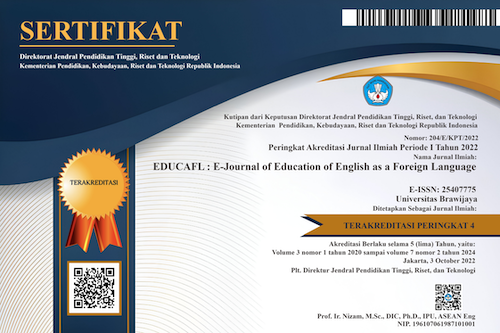Tips for optimizing your Android app's performance
Abstract
Creating an Android app is an exciting process, yet it can also be filled with challenges. One of the most important aspects of the development process is optimizing the app’s performance, which can be a difficult task. Fortunately, there are several tips and tricks you can use to help optimize your Android app’s performance.
Reducing the file size of your app is one of the most important steps to optimizing its performance. Aim to keep your app’s file size as small as possible, as this will reduce the amount of memory it requires and help it run more efficiently. Utilizing caching techniques can also be beneficial, as they can help store data in the app’s memory, making it easier to access the data when it is needed. Additionally, it is important to monitor your app’s memory usage, as this can help you identify areas that can be optimized.
In addition to reducing file size and monitoring memory usage, another key step to optimizing your app’s performance is to avoid unnecessary animations. While animations can be helpful for improving the user experience, they can also slow down your app’s performance. Finally, make sure you are using the latest APIs, as this can help ensure your app is up-to-date with the latest features and technologies.
Optimizing your Android app’s performance is an important part of the development process, and there are several tips and tricks you can use to make it easier. By reducing your app’s file size, utilizing caching techniques, monitoring memory usage, avoiding unnecessary animations, and using the latest APIs, you can ensure your app runs as efficiently as possible. If you need more help with optimizing your Android app’s performance, be sure to visit OKTRIK.com for more tutorials and tips.
Published
Issue
Section
License
Authors who publish with this journal agree to the following terms:
- Authors retain copyright and grant the journal right of first publication with the work simultaneously licensed under a Creative Commons Attribution License that allows others to share the work with an acknowledgement of the work's authorship and initial publication in this journal.
- Authors are able to enter into separate, additional contractual arrangements for the non-exclusive distribution of the journal's published version of the work (e.g., post it to an institutional repository or publish it in a book), with an acknowledgement of its initial publication in this journal.
- Authors are permitted and encouraged to post their work online (e.g., in institutional repositories or on their website) prior to and during the submission process, as it can lead to productive exchanges, as well as earlier and greater citation of published work (See The Effect of Open Access).



